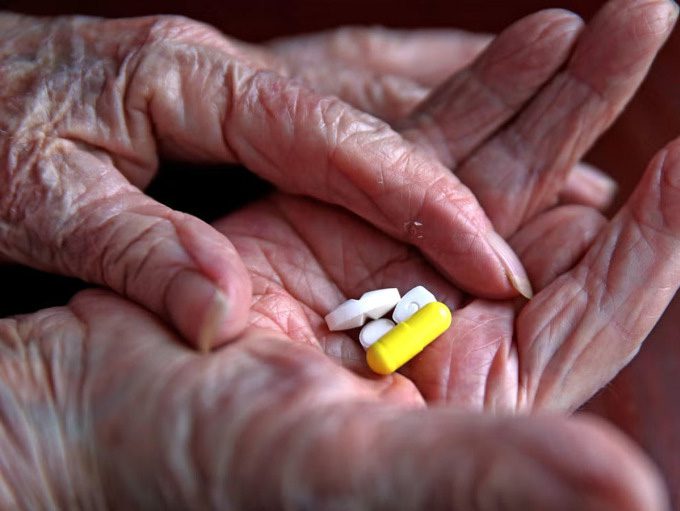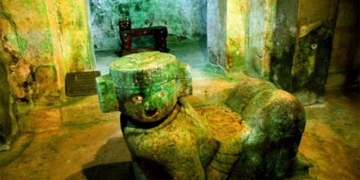Scientists have developed an effective drug that eliminates all solid tumors (both benign and malignant) without affecting healthy cells.
The research, conducted by experts at City of Hope Hospital, one of the largest cancer centers in the United States, was published in the journal Cell Chemical Biology on August 2nd. The drug, named AOH1996, is named after Anna Olivia Healy, a neuroblastoma patient who passed away in 2005 at the age of 9.
Dr. Linda Malkas, a professor at the Department of Molecular Diagnostics and Experimental Therapeutics and the leader of the research team, met Anna’s father just before she passed away and was inspired to find a treatment for this rare disease.
City of Hope reports that the drug AOH1996 targets a specific protein found in most cancers, which helps tumors grow and multiply in the body. This protein is known as Proliferating Cell Nuclear Antigen (PCNA), which was previously deemed indestructible.
AOH1996 selectively destroys cancer cells by disrupting the normal reproductive cycle of tumors, preventing faulty DNA cells from continuing to divide, ultimately rendering them incapable of replication. This causes cancer cells to self-destruct without harming healthy cells.
“Most targeted therapies focus on a single pathway. However, this allows cancer to mutate, eventually becoming drug-resistant,” Dr. Malkas explained.

The drug that destroys cancer cells, named AOH1996. (Photo: PA)
She describes PCNA as a major airport where flights carry cancer cells throughout the body. The drug AOH1996 is a “snowstorm” that brings this airport down, halting all flights carrying cancer cells.
AOH1996 has been tested on 70 different cancer cell lines, including breast, prostate, brain, ovarian, cervical, skin, and lung cancers. The drug has shown effectiveness across all cell types. City of Hope touts this as the culmination of 20 years of research and development.
According to Dr. Malkas, the results so far are promising, as the drug can prevent tumor growth independently or in combination with other treatments without causing side effects.
While studying at the University of Maryland School of Medicine, Dr. Malkas met Anna’s father, the girl who inspired the name of the new drug. At that time, Anna’s neuroblastoma was in its final stage. During that period, Dr. Malkas was researching breast cancer. However, with Anna’s father’s request and a $25,000 check, she began to delve deeper into neuroblastoma research.
“That was a life-changing moment. I wanted to do something special for the girl,” she recounted.
Currently, the clinical trial phase 1 of AOH1996 is underway on human patients.


















































